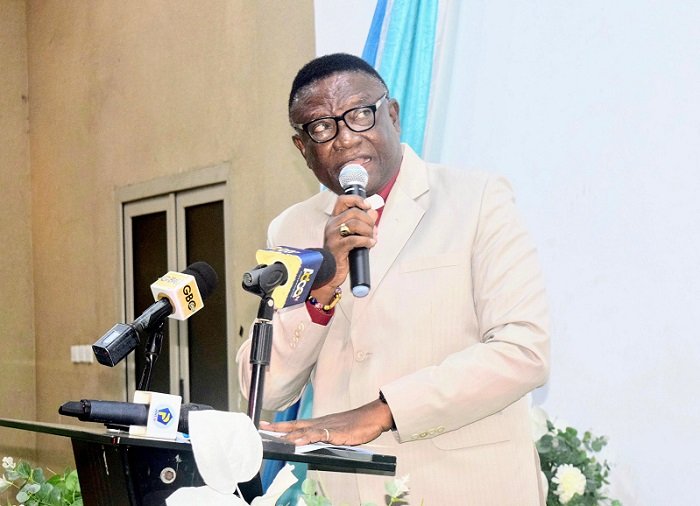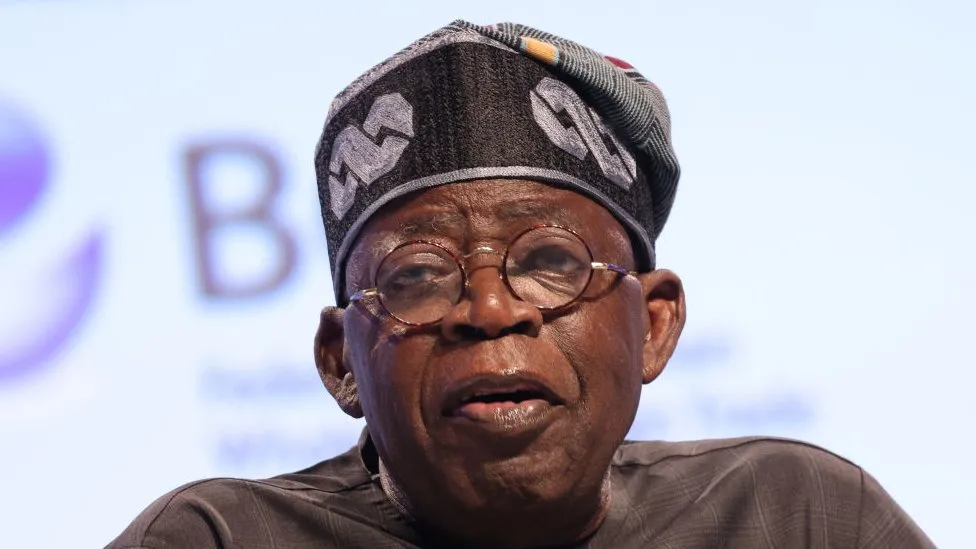ARTICLE AD
As part of efforts to develop the professional skills of beneficiaries, the Lebanese Community together with UniMAC-GIJ have held a mini research seminar for some post-graduate students at the University.
This forms part of the incentives given to receipients of the Lebanese Community Scholarship Programme which is in its 10th year running.
In attendance were the Lebanese Ambassador, Maher Kheir, the Dean at the School of Graduate Studies and Research (SoGSAR) Dr George Asamoah, senior staff members of the University, members of the Lebanese Community and post-graduate students.
Rashida Uzstarz and Richard Hakim were among the beneficiaries, who delivered academic presentations on their research thesis that touched on topics focusing on both Lebanon and Ghana.
Research topics discussed included a comparative analysis of community journalism, corporate social responsibly between Lebanon and Ghana, among others.
The 2024 edition is the third in the series, and aims at deepening students’ interest in the area of research as well as promoting educational co-operation between Lebanon and Ghana.
The Ambassador of Lebanon in Ghana, Mr Kheir, praised the students but challenged them to explore new knowledge to widen their worldview as communication practitioners.
“While I commend you all on your research about Lebanon and Ghana, I’d like to add that this research opens a big window for new horizon,” he said.
He noted that Lebanese presence in Ghana spans over a decade and has contributed to Ghana’s economy significantly.
“Lebanese presence in Ghana dates back to 1886 when the first Lebanese arrived in Ghana. Lebanese businesses are a pillar in Ghana’s economy. They can be found in every sector – hospitality, wood, automobile and real estate ,” he added.
This cultural co-operation, he said, was a key factor in the professonal development of the students and urged them to explore other cultures.
Mr Kheir intimated that the results from the seminar encourages the community to continue investing in brilliant Ghanaian students who would contribute to nation building.
On his part, Dr Asamoah thanked the Lebanese Community for their consistent support for students at UniMac over the past decade.
He celebrated the rich partnership between the two which had evolved to benefit students from undergraduate to post-graduate levels and was hopeful that it will expand even further.
The seminar, he said, gave students the opportunity to present their research findings to the academic community and the Lebanese Community.
Also, he stressed that the seminar strengthened the fraternal bonds that Ghanaians and Lebanese shared as it also gave positive prospects to the future of the scholarship.
Representatives of the Lebanese Community, Mr Naaman Ashkar and Mr Hishan, who lauded the students for their insightful research, noted that the work offered a scholarly body of knowledge for Lebanese businesses in particular to draw valuable lessons from.
The results of the seminar, they indicated, proved that the investments being made worth it.
The seminar, an initiative of Mr Kheir, is another window to deepen the educational and cultural co-operation between Lebanon and Ghana.
This year, the Lebanese Scholarship Programme marked its 10th Anniversary and officially launched the “Lebanese Scholarship Alumni Network (LESAN)”, a social impact organisation which will undertake humanitarian projects to develop society.
BY TIMES REPORTER

 2 months ago
22
2 months ago
22 

